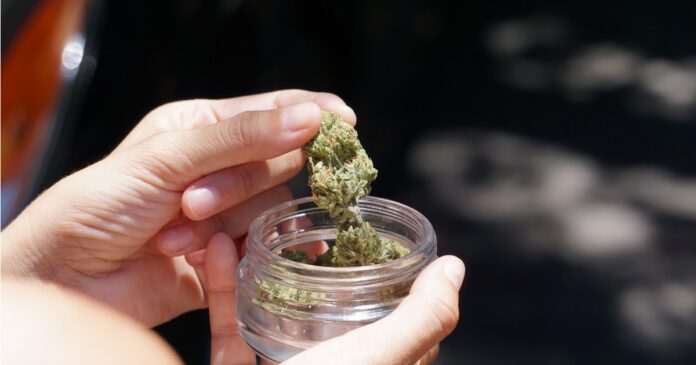In what’s become all all-too-common scenario across the USA, Arizona’s medical cannabis program is suffering at the hands of recreational marijuana.
The Arizona Medical Marijuana Act came into effect on April 14, 2011, making the state the fourteenth in the USA to legalise cannabis for medicinal purposes. Arizona voters then legalized marijuana for recreational use in 2020, with sales starting in 2021.
Adult-use marijuana has become a cash cow for the state, with a sales tax, local tax and an excise tax (16%) payable on retail sales. Medical marijuana patients only pay approximately 6% in state sales tax, plus any local tax. But this hasn’t stopped an exodus from the program.
At the end of 2017, 152,979 patients were registered in the state’s medical program. In July 2021, the number hit close to 314,000 – and it was downhill from there as the recreational side gathered pace. Around three-and-a-half years since adult use sales began, the program is a shadow of its former self with just 100,753 registered patients according to this Arizona Department of Health Services report.
With the drop in patients is a drop in spending. While recreational marijuana sales totaled approximately $1.1 billion in 2023, medical sales reached $348 million – and the situation is grimmer this year. A more detailed look at historical sales has been published on AZMirror.
At what point the program will become unviable isn’t clear. Other states with medical programs that have subsequently legalised recreational use are also seeing patients leaving in droves, and some states are taking action. For example, New Jersey officials slashed registration and renewal fees for enrolled patients and their caregivers, and say they are committed to maintaining the program.
Among the reasons registered patients aren’t renewing – and this can depend on the jurisdiction – is convenience. If a recreational dispensary is closer to a patient than a medical establishment, it may be more attractive. Another reason – and this applies in New Jersey – is because they can’t afford fees charged by some certifying doctors.
While it’s unsettling to see medical programs in decline, the silver lining on the grey cloud is legalizing recreational marijuana is having an impact on the illicit market; although some players in both markets have been flouting related laws. Another positive development is medical programs often have a limited number of qualifying conditions, but recreational laws enable patients who would otherwise miss out gain access to cannabis.


